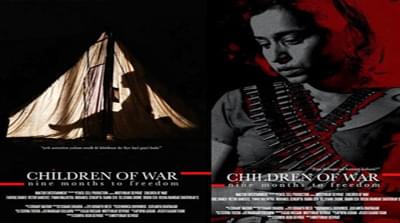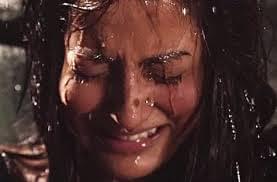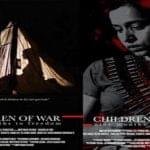Art & Culture
Film: Children of War

 Mrityunjay Devvrat’s recently released film, Children of War, is set against the backdrop of Bangladesh’s war of Independence in 1971 from Pakistan. It was a war waged against the Bengalis by the state of Pakistan in erstwhile East Pakistan. It was a war fought on the basis of language as the Bengalis were seen as the linguistic minority in urdu-speaking Pakistan.
Mrityunjay Devvrat’s recently released film, Children of War, is set against the backdrop of Bangladesh’s war of Independence in 1971 from Pakistan. It was a war waged against the Bengalis by the state of Pakistan in erstwhile East Pakistan. It was a war fought on the basis of language as the Bengalis were seen as the linguistic minority in urdu-speaking Pakistan.
The film follows the plight of the victims of the war. During the time about 3 million Bengalis were killed and between 250,000 to 400,000 women were raped as the Pakistani army tried to stamp out Bengali culture and ethnicity and supress the liberation movement. Thousands were rendered homeless and destitute and many sought refuge in India. As the director, Devvrat says, we see several Bangladeshi immigrants in our country, rich and poor, but we rarely spare a thought to what they might have gone through, losing their families, home and hearth in the war and escaping with probably nothing but just their lives.
Children of War showcases the helplessness of the people, the genocide and rapes, the suffering and resilience and the separation and survival during those trying times through the stories of different protagonists.
The film stars among others Farooq Shaikh as a Bangladeshi leader, Indraneil Sengupta and Pavan Malholtra. Indraneil Sengupta plays a journalist Aamir, searching for his wife who is repeatedly raped and trapped in a concentration camp while Pavan Malhotra does an excellent job as the vicious Mallik, a Pakistani army officer. Raima Sen plays Indraneil’s wife, Fida, in the film. Victor Banerjee, Rucha Inamdar, Tilottama Shome and Riddhi Sen have also enacted different characters in the film.
The film is poignant but does not spare the gory details of the horrific rapes, murders and mayhem of the liberation struggle. It’s a story which needed telling as a reminder to what majoritarian excesses can do to the minorities and the strength of the human spirit – which might bend but not break.
